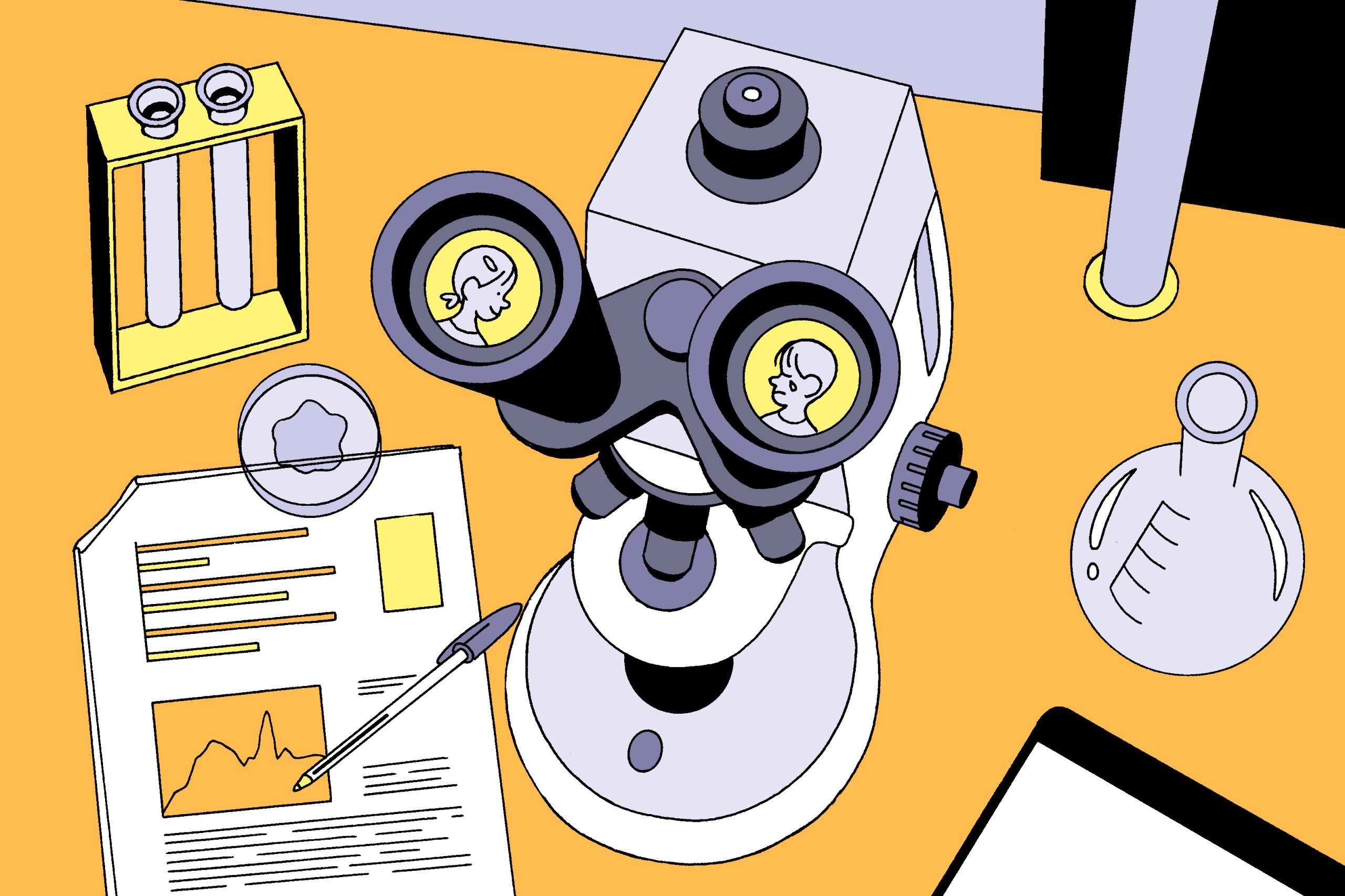The rapid advancement of reproductive technologies presents modern parents with unprecedented choices, none more ethically complex than preimplantation genetic testing (PGT). A recent query to the “Your Mileage May Vary” advice column highlights the moral dilemma faced by couples undergoing in-vitro fertilization (IVF) who are grappling with the implications of embryo selection. The question centers on the ethical line between ensuring a healthy pregnancy and venturing into the realm of “designer babies.”
Navigating the PGT Landscape
The column’s author describes a couple with multiple embryos resulting from IVF, facing the decision of which embryo to implant. Their fertility clinic promotes PGT-A testing, a screening process for chromosomal abnormalities like Down syndrome. This test also reveals the sex of the embryo, leading to the possibility of choosing a child’s gender. However, the couple is also considering newer, more comprehensive genetic tests promising insights into potential traits like intelligence and height. This raises crucial questions about the boundaries of responsible reproductive choices.
The ethical concerns are multifaceted. While PGT-A serves the legitimate goal of reducing the risk of genetic disorders and improving the chances of a successful pregnancy, the possibility of selecting embryos based on non-medical traits opens a Pandora’s Box. Selecting an embryo solely for its predicted intelligence or physical characteristics treads dangerously close to eugenics, the controversial practice of improving the genetic quality of the human population. This raises questions about societal values, the potential for discrimination against individuals with genetic variations, and the very definition of a “desirable” child.
The Slippery Slope of Genetic Selection
The availability of increasingly sophisticated genetic testing blurs the lines between preventing disease and choosing desirable traits. The ability to select embryos based on predicted characteristics raises concerns about societal biases and the potential for exacerbating existing inequalities. For example, prioritizing embryos predicted to be taller or more intelligent could inadvertently perpetuate societal prejudices and create a system where certain genetic traits are valued over others. Furthermore, the accuracy and limitations of such predictive tests remain a critical consideration. The scientific community’s understanding of gene-trait relationships is still evolving, and current tests might not accurately predict future outcomes.
Balancing Desires with Ethical Considerations
This case underscores the vital need for open and honest discussions surrounding the ethical implications of reproductive technologies. Couples contemplating IVF and genetic testing should engage in thorough counseling to weigh the benefits and risks, exploring their own values and beliefs to make informed decisions. Furthermore, robust ethical guidelines and regulations are crucial to ensure these powerful technologies are used responsibly, preventing the potential for misuse and promoting equitable access to reproductive healthcare. The decision to select an embryo is deeply personal, but it necessitates a careful consideration of the broader societal consequences. The goal should be to support healthy families, not to create genetically superior children.
CONCLUSION: The case presented highlights the complex ethical terrain of modern reproductive technologies. While PGT-A offers valuable medical benefits, the potential for extending genetic selection to non-medical traits raises profound ethical concerns. Open dialogue, careful consideration, and robust ethical guidelines are essential to navigate this evolving landscape responsibly.
Based on materials: Vox





